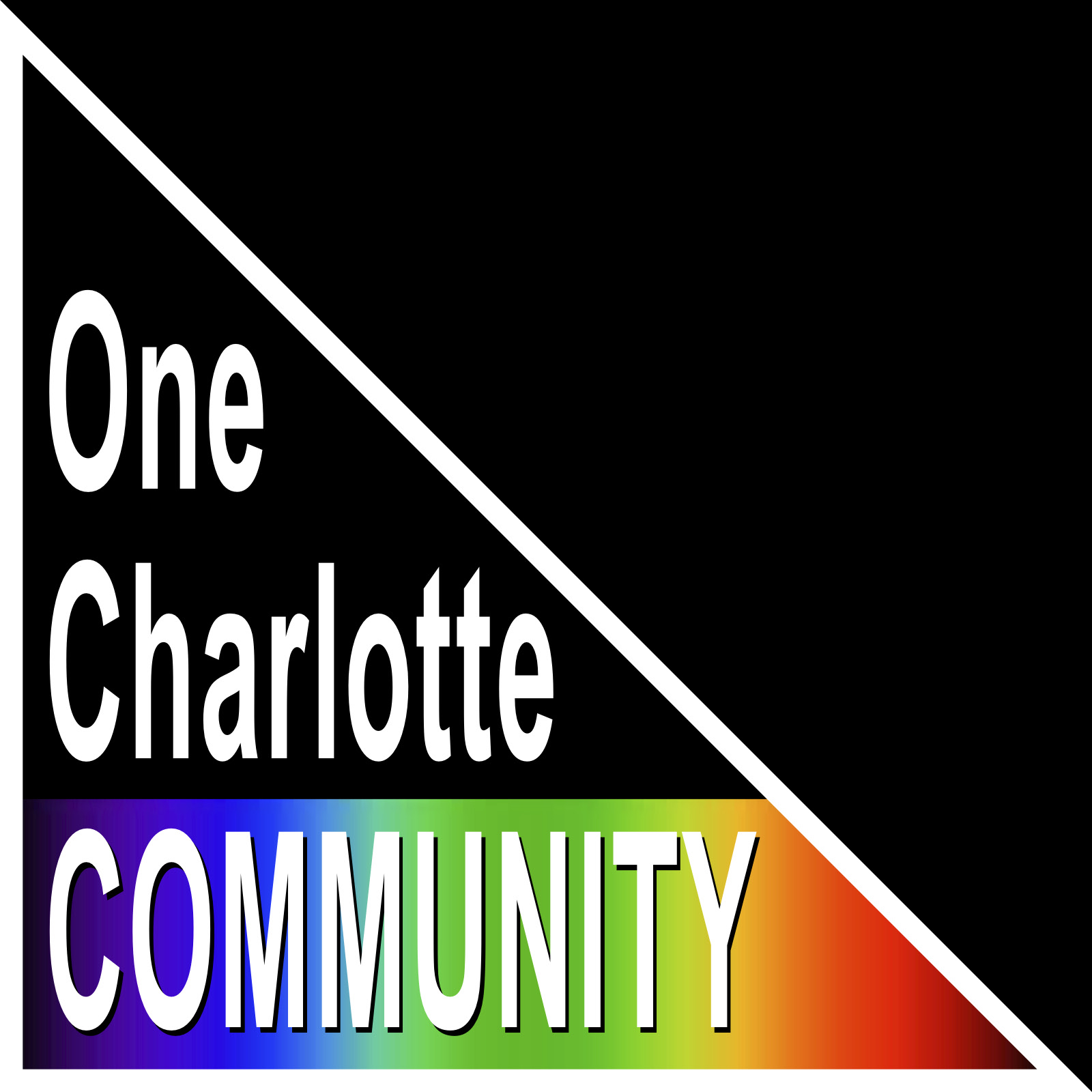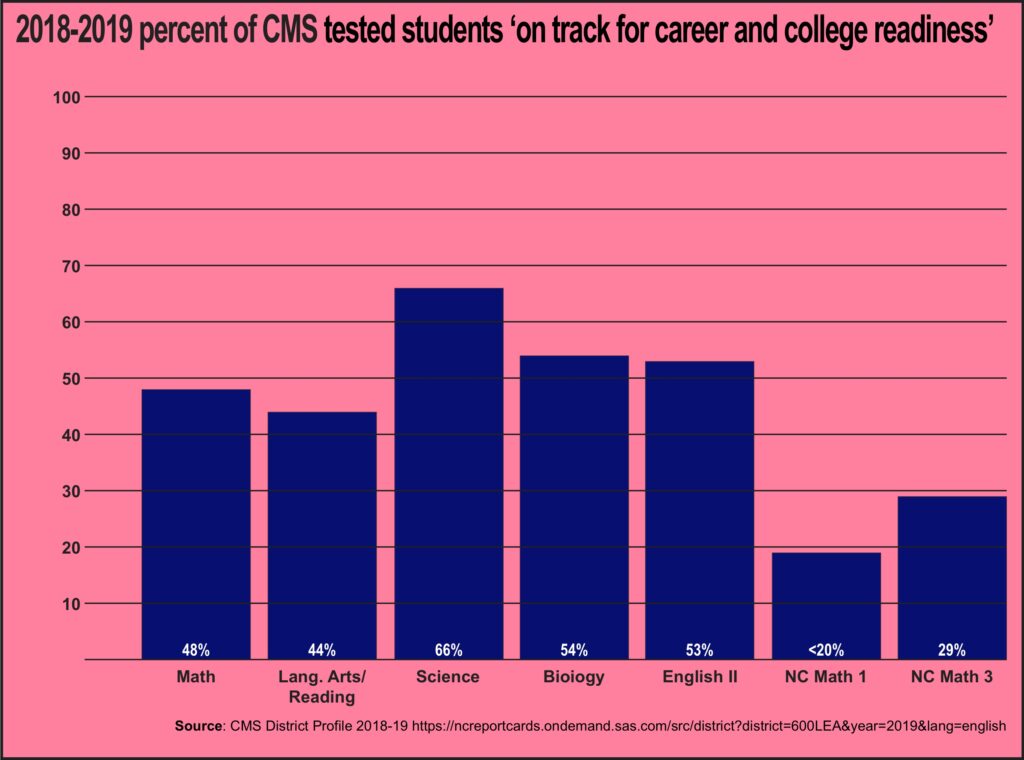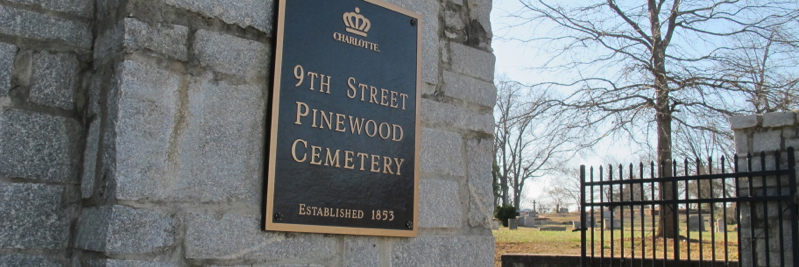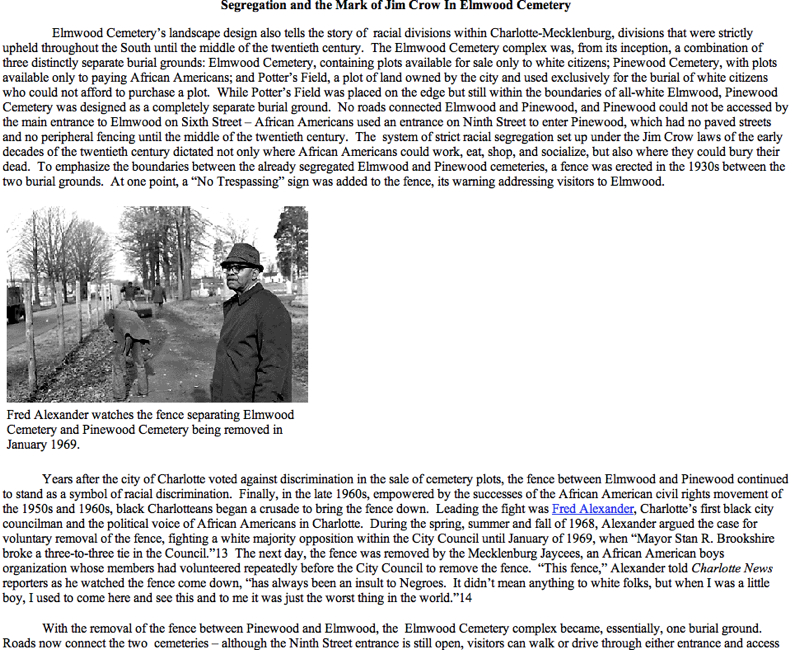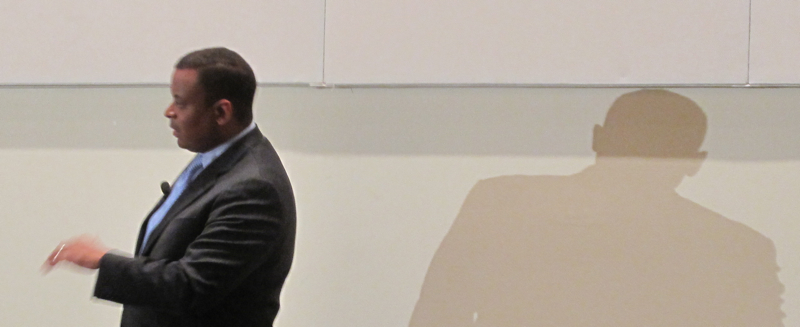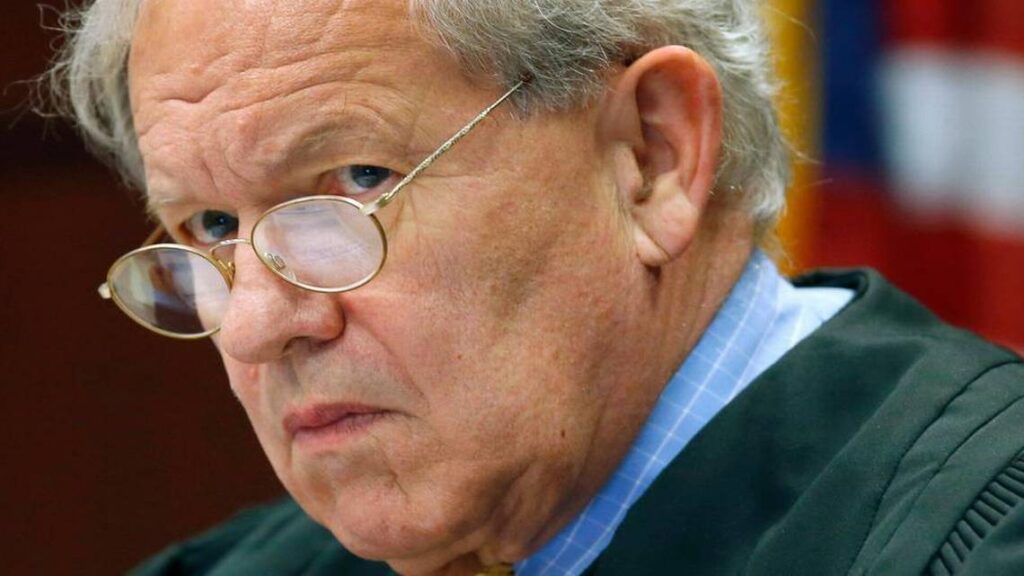
Feb. 22, 2020
Our thanks to Ann Doss Helms at WFAE for laying out another CMS misstep for all to see. Her reporting is here.
The incident involves asking CMS students from 6th-12th grade about their sexual orientation and gender identity. The questions were inserted in a survey that children could take only after logging into a computer, which would allow CMS or hackers to link the responses back to individuals.
In explaining the survey procedure, CMS Chief Equity Officer Frank Barnes told Helms Friday that if students felt that it was mandatory that they answer the questions, then there was miscommunication between the creators of the survey and the school-based taking of the survey. Okay.
And it appears at first blush that neither parents nor teachers were advised in advance about the new questions inserted into a survey used for some years. By Saturday night, Supt. Earnest Winston had pulled the questions and promised on Facebook to erase the data.
I have deep concern for the individual students bullied or simply destabilized after the fact by this invasion of privacy. Those wounds will be short- or long-term, and most will remain private.
For the public, the issue is the health of the silo in which perfectly smart folk like Barnes pursue stupid things. Most of what I read about silos assumes that culture change begins at the top because, as in this incident, most folks at the bottom – and in this case that even includes school board members – don’t know what’s happening until the damage is under way. Stop it at the top, experts proclaim.
I’m not comfortable that that’s the right answer in this case, because Barnes is as close to the top of CMS as any of the details of such an action are liable to rise – except after the fact when damage has already been done and blame needs to be placed.
Perhaps the best preventive for such incidents is not a procedure or a process or chain of command or even a window through which the public can constantly monitor internal CMS decision-making.
What if the leadership spent less of their time in the silo and more of their time among real people, and talked more about what they were considering doing and more time listening to real people’s reactions?
